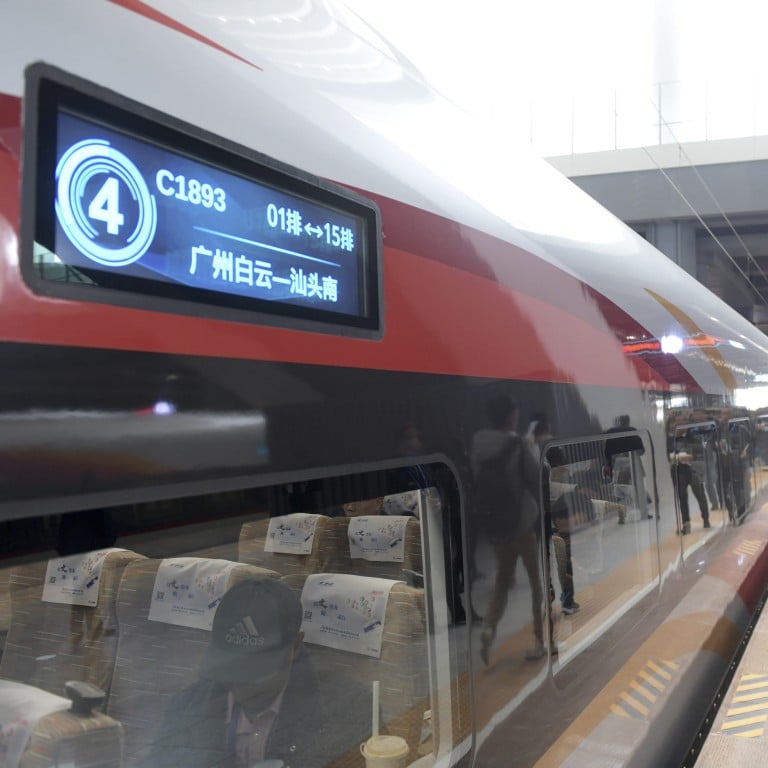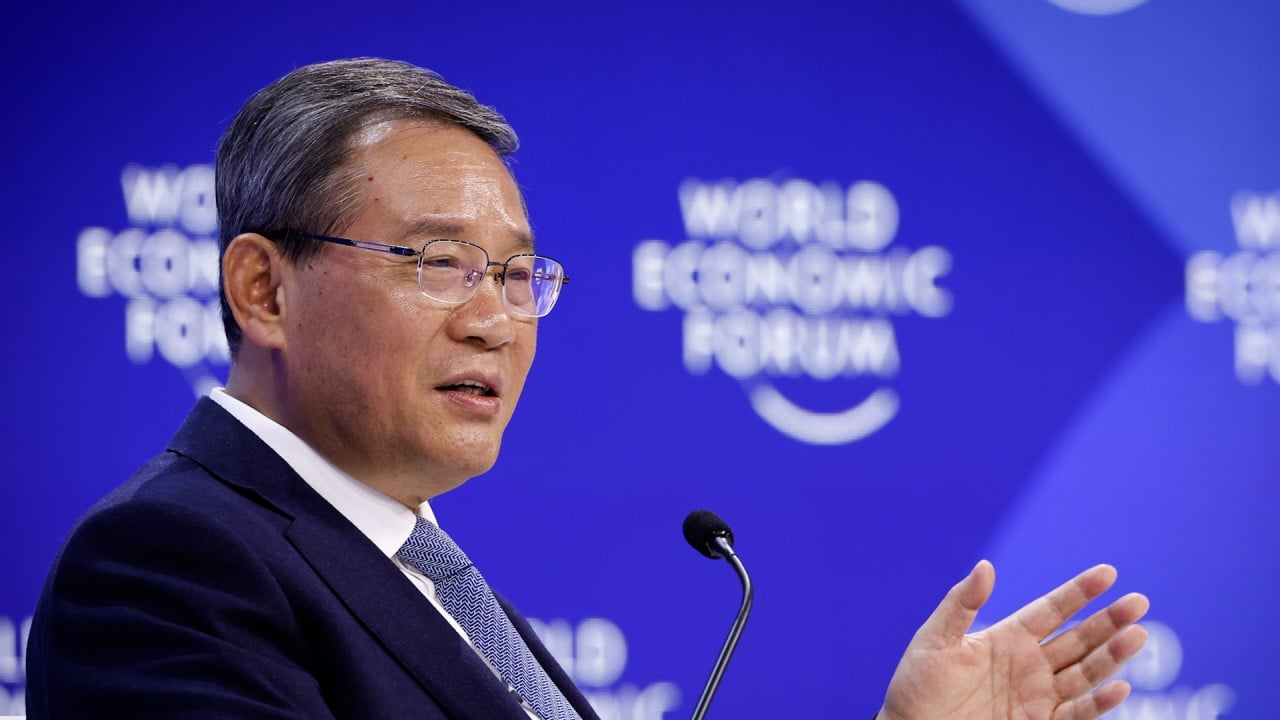
China’s Guangdong to ‘shoulder major responsibility’ to aid 2024 economic growth, makes Greater Bay Area top priority
- Guangdong will ‘pace up construction’ of China’s Greater Bay Area plan in 2024, having set an economic growth target of 5 per cent
- Beijing has pinned its hopes on provinces including Guangdong and Zhejiang to play a bigger role in driving up economic growth
China’s southern powerhouse of Guangdong province has pledged to exhaust all efforts to boost the Greater Bay Area as a top priority in 2024, as it seeks to shoulder a greater role for economic growth.
Governor Wang Weizhong also told a provincial parliament meeting on Tuesday that Guangdong would aim to grow its economy by 5 per cent this year, putting it in the lower band of the goals set by other regional powerhouses.
It came after disappointing 4.8 per cent year-on-year growth in 2023 saw Guangdong miss its target, posting lower expansion than the rise of 6 per cent in the eastern province of Zhejiang and the 5.8 per cent seen in the neighbouring Jiangsu province.
Beijing has pinned its hopes on provinces including Guangdong and Zhejiang to play a bigger role in driving up economic growth, fostering technological advances and pushing forward China’s major development plans.
Despite China’s debt and population woes, top cities aim for over 5% GDP growth
“We will pace up construction of a world-class bay area, turn it into the best developed bay area and better play a role to lead and support the overall economic development,” said Wang.
This year marks the fifth anniversary of the Greater Bay Area, which is one of President Xi Jinping’s three major strategies for regional integration, to rival the world’s major bay areas such as Tokyo and San Francisco.
The plan connects the special administrative regions of Hong Kong and Macau and nine mainland Chinese cities in Guangdong, including the provincial capital of Guangzhou and also Shenzhen, into an integrated economic and business hub.
Wang said Guangdong would “join hands with Hong Kong and Macau” to ensure integration into China’s economy and also ensure modern economic development.
Efforts would also be focused on increasing regional transport links and cultivating a strong talent pool in the chip sector, while boosting production of industrial software.
Guangdong would seek to support the private sector, seen as the backbone for its economy, and create more job opportunities this year to “shoulder the major responsibility” to aid the sputtering economy, Wang added at the meeting.
“Governments at all levels have to be unequivocally clear cut to encourage the development and expansion of the private sector,” Wang said.
The province, which is also an export hub and famed for its sophisticated industrial cluster, lowered its foreign trade growth target this year to 1 per cent from the 3 per cent goal set last year.
It still takes time for the new sectors to playing a more prominent role in driving up growth
Guangdong’s targets mirror the uphill tasks facing Beijing as it seeks to solidify economic growth in 2024 after a shaky recovery last year.
Wang also said the province needs to double down on its efforts to develop artificial intelligence, robotics and quantum computing to press ahead with innovation and tech-driven growth.
Guangdong’s economy had shown signs of bottoming out in the second half of last year as exports rebounded, but headwinds remain strong, said Simon Zhao, the associate dean of the Faculty of Humanities and Social Sciences at Beijing Normal University & Hong Kong Baptist University United International College.
“The state-run capital is active in new industries, such as [electric vehicles] and new energy, but it still takes time for the new sectors to play a more prominent role in driving up growth,” Zhao added.
The robust investment in advanced manufacturing and efforts in strengthening key supply chains would bring growth potential to the region
Guangdong has been hit harder by trade protectionism and tech decoupling, while “Covid scar effects” have persisted stronger than in other regions, said Peng Peng, executive chairman of the Guangdong Society of Reform, a Guangzhou-based think tank.
“The region is also undergoing a difficult transition in industrial production, but the robust investment in advanced manufacturing and efforts in strengthening key supply chains would bring growth potential to the region,” said Peng.
He added that the Greater Bay Area needs to benchmark against world-class bay areas, especially the San Francisco Bay Area, while efforts are also needed to keep up with scientific and technological innovation.


